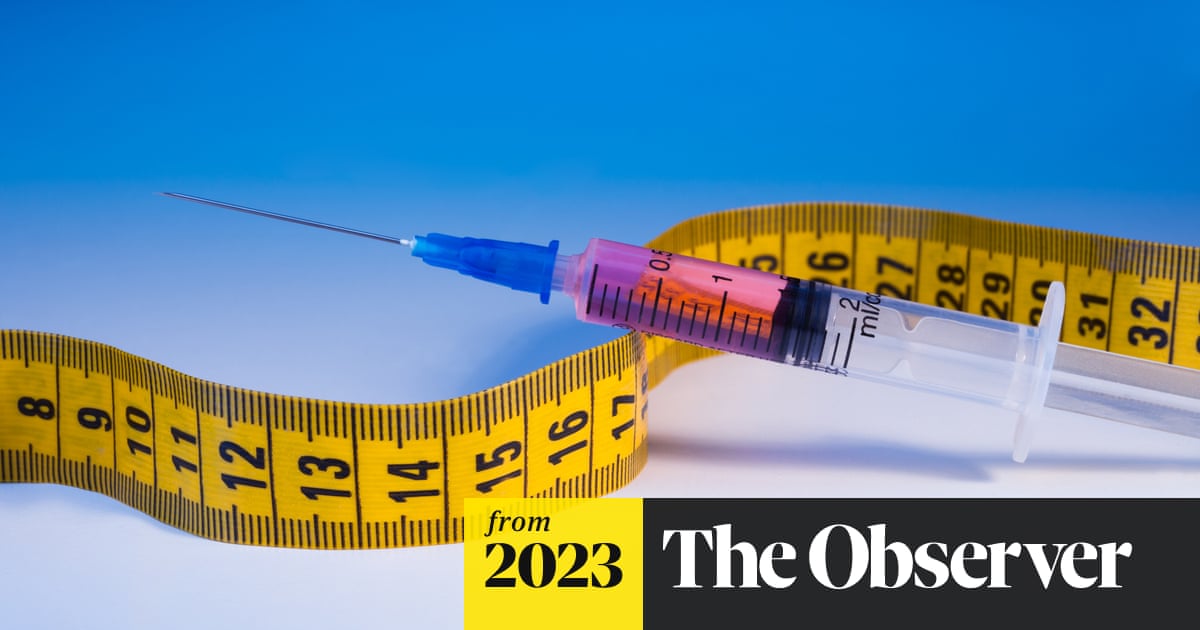Eddy Edson
Well-Known Member
- Relationship to Diabetes
- Type 2
"Masks don't work" was always either dumb or intentionally misleading as a take-away from the mask review, but now Cochrane admits it could have done things better ...
Many commentators have claimed that a recently-updated Cochrane Review shows that 'masks don't work', which is an inaccurate and misleading interpretation.
It would be accurate to say that the review examined whether interventions to promote mask wearing help to slow the spread of respiratory viruses, and that the results were inconclusive. Given the limitations in the primary evidence, the review is not able to address the question of whether mask-wearing itself reduces people's risk of contracting or spreading respiratory viruses.
The review authors are clear on the limitations in the abstract: 'The high risk of bias in the trials, variation in outcome measurement, and relatively low adherence with the interventions during the studies hampers drawing firm conclusions.' Adherence in this context refers to the number of people who actually wore the provided masks when encouraged to do so as part of the intervention. For example, in the most heavily-weighted trial of interventions to promote community mask wearing, 42.3% of people in the intervention arm wore masks compared to 13.3% of those in the control arm.
The original Plain Language Summary for this review stated that 'We are uncertain whether wearing masks or N95/P2 respirators helps to slow the spread of respiratory viruses based on the studies we assessed.' This wording was open to misinterpretation, for which we apologize. While scientific evidence is never immune to misinterpretation, we take responsibility for not making the wording clearer from the outset. We are engaging with the review authors with the aim of updating the Plain Language Summary and abstract to make clear that the review looked at whether interventions to promote mask wearing help to slow the spread of respiratory viruses.
Many commentators have claimed that a recently-updated Cochrane Review shows that 'masks don't work', which is an inaccurate and misleading interpretation.
It would be accurate to say that the review examined whether interventions to promote mask wearing help to slow the spread of respiratory viruses, and that the results were inconclusive. Given the limitations in the primary evidence, the review is not able to address the question of whether mask-wearing itself reduces people's risk of contracting or spreading respiratory viruses.
The review authors are clear on the limitations in the abstract: 'The high risk of bias in the trials, variation in outcome measurement, and relatively low adherence with the interventions during the studies hampers drawing firm conclusions.' Adherence in this context refers to the number of people who actually wore the provided masks when encouraged to do so as part of the intervention. For example, in the most heavily-weighted trial of interventions to promote community mask wearing, 42.3% of people in the intervention arm wore masks compared to 13.3% of those in the control arm.
The original Plain Language Summary for this review stated that 'We are uncertain whether wearing masks or N95/P2 respirators helps to slow the spread of respiratory viruses based on the studies we assessed.' This wording was open to misinterpretation, for which we apologize. While scientific evidence is never immune to misinterpretation, we take responsibility for not making the wording clearer from the outset. We are engaging with the review authors with the aim of updating the Plain Language Summary and abstract to make clear that the review looked at whether interventions to promote mask wearing help to slow the spread of respiratory viruses.





